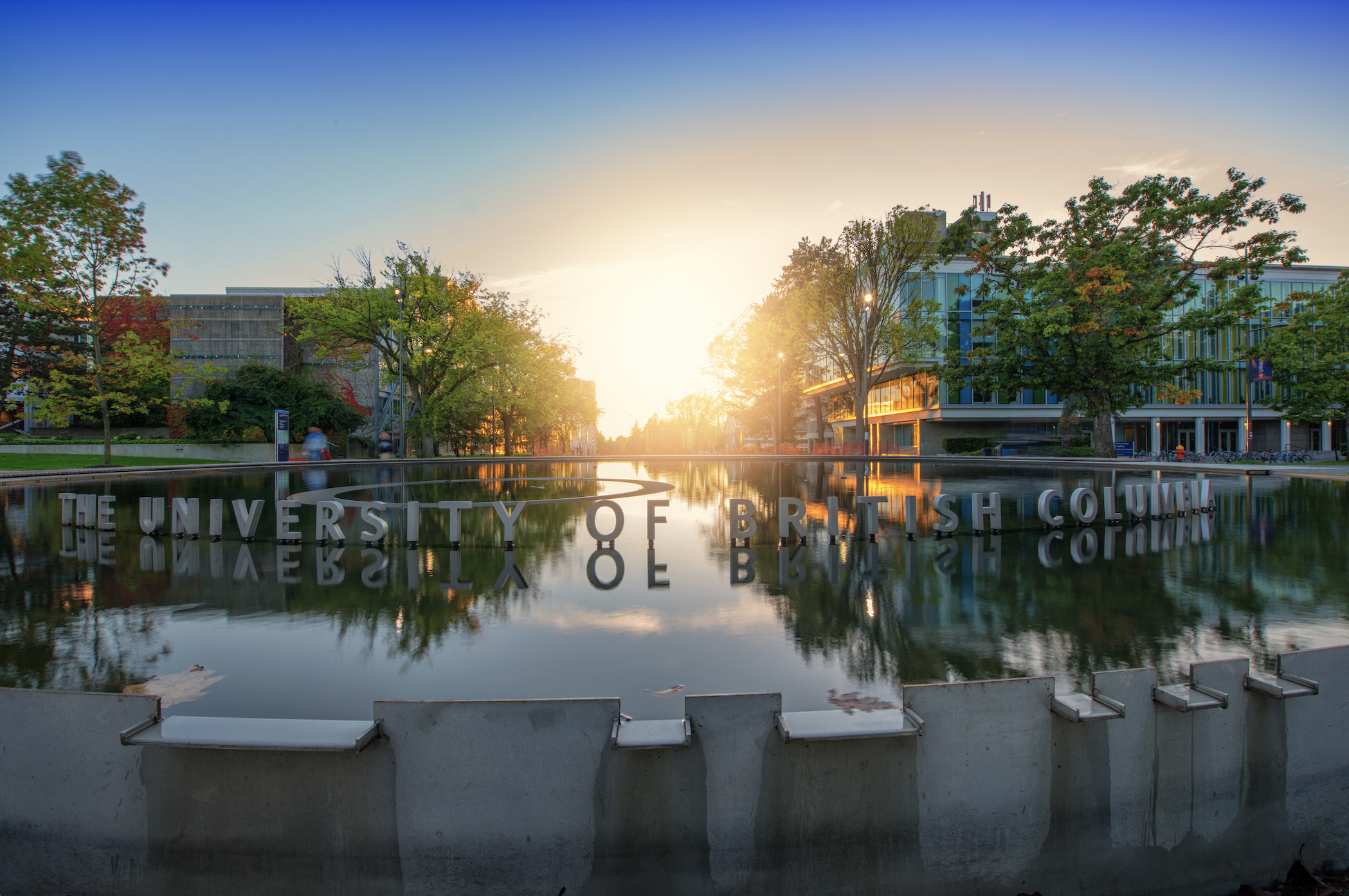Earth Day Special: How UBC is Fighting Climate Change
 Courtesy UBC
Courtesy UBC
April 21, 2024
Last year, Canada experienced its most devastating wildfire season in recorded history, both in terms of carbon emissions and area burned. Our community experienced that firsthand when wildfires forced the sudden evacuation of the University of British Columbia‘s beautiful Okanagan campus last summer. Already, this year is predicted to be at least equally dire.
Dozens of “zombie fires” — remnants of last year’s wildfire season — are still smouldering underground beneath remaining snow and ice in the boreal forest. Combined with widespread drought, low snow-pack levels, and warming temperatures, these are all signs of a dire new normal — a wildfire season that never ends.
The Centre for Wildfire Coexistence, led by Dr. Lori Daniels, is taking a balanced scientific approach to wildfire research grounded in Indigenous knowledge. This approach recognizes wildfires as natural ecological processes that, when properly managed, contribute to the health and diversity of forests. Dr. Mathieu Bourbonnais at UBC Okanagan, a former wildland firefighter himself, is working closely with the BC Wildfire Service and rural and Indigenous communities. Their team is developing new sensors as part of UBC’s 5G partnership with Rogers to monitor forest conditions in real time. Their work aims to reduce the intensity of future fires, protecting lives and properties. It also delivers economic benefits, given that the direct and indirect costs of wildfires run into the billions.
This is one example of how Canada’s universities contribute tangible, evidence-based solutions to mitigate climate change and its consequences. At the University of British Columbia, sustainability has been at the forefront of our academic mission and campus operations for more than 25 years. The university was an innovator of the “campus as a living lab” concept, using academic research to test solutions to operational issues on campus.
Every day, more than 40 research groups on campus are exploring sustainable solutions for the planet.
Today, UBC’s new climate action plan aims to achieve net-zero operational emissions by 2035 on the Vancouver campus—15 years ahead of our previous target date. Our Bio-energy Research and Demonstration Facility, which processes renewable biomass sourced from urban wood waste to heat campus buildings, has enabled the university to cut campus operational emissions by approximately 60 per cent from 2007 levels, moving us closer to our goal of sourcing 100 per cent of our district energy from low-carbon sources by 2030.
UBC is also building a $23-million renewable energy hub that will transform an entire city block into a smart energy district, complete with B.C.’s first hydrogen refuelling station. Supported by government and industry partners, the project, led by Dr. Walter Mérida, advances renewable energy technologies and serves as a living laboratory, uncovering new insights that can be applied in communities across Canada.
Our commitment to climate action runs deep into our academic programs. UBC offers more than 1,000 sustainability related courses at the undergraduate and graduate level. Our Centre for Climate Justice was recently launched, led by renowned public intellectual and educator Naomi Klein. Another new addition is the Centre for Climate and Business Solutions at the UBC Sauder School of Business, poised to revolutionize how we educate future business leaders on climate issues.
Every day, more than 40 research groups on campus are exploring sustainable solutions for the planet. For example, UBC’s BioProducts Institute, led by Dr. Orlanda Rojas, is at the forefront of developing biodegradable solutions to combat plastic waste and greenhouse gas emissions. Their scientists have found a way to use natural plant compounds and wood dust to create a filter that traps microplastic particles in water — a finding that could be scaled-up for use in municipal systems. At UBC’s Okanagan campus, Dr. Jian Liu and his team are developing the next generation of batteries to help us transition away from lithium-ion batteries, which are in short supply and high demand. Next-generation batteries will last longer, cost less and be recycled efficiently, helping power everything from electric cars to solar panels and more.
Collectively, initiatives like these highlight the potential for academic research and innovation to contribute meaningfully to climate action. We commend the collaborative efforts already underway. However, the urgency of the climate crisis necessitates that we intensify this work. That’s why I will be convening conversations in the coming months to explore how we can collectively work to address how the climate crisis is affecting us here in B.C., and across Canada.
This Earth Day, let’s act decisively.
Dr. Benoit-Antoine Bacon is the president and vice-chancellor of the University of British Columbia and member of Universities Canada’s board of directors.
